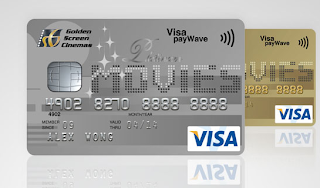I have a Hong Leong Bank Platinum Visa Card and I treat it as my grocery credit card. I also have The Store Card. It is a membership card. I use both cards to maximize my grocery spending.
This is my tactics:
· Location: I choose The Store for grocery shopping because it is next to my place of work. I don’t have to spend time and petrol driving to another place to do shopping. The Store is owned by The Store (Malaysia) Sdn. Bhd, a public listed company in Malaysia.
· Purchases: Each time I shop for grocery I charge it to my Platinum card and I also present The Store Card to collect points at RM1/= per point.
· Credit card reward points: For each ringgit, I charge to my credit card, I get one point. Over time I can redeem my accumulated points for useful items.
· The store Card: As a member, I am covered with RM10,000 personal accident insurance. I also enjoy special discounts for many items from time to time. Their point system works the same as the credit card. You can earn and keep the points and exchange them for grocery items later. However, I opt for their gift vouchers like the one shown here. I prefer to use the vouchers to buy apparel. The card carries an annual fee of RM12/=. My annual spending at the store is much more than enough to offset the fee.
You can also apply for The Store /Pacific Hong Leong Bank MasterCard. You will earn up to 6% cashback when you spend at The Store/Pacific and 0.5% cashback on other retail transactions. You will receive your cash rebate in the form of The Store and Pacific's Gift Vouchers via the Credit Card statement every quarterly.
I use my credit card to shop for what I need only. I pay the amount as stated in the monthly statement fully and promptly. In this way, I don’t incur extra credit charge charges. If I need to spend on a big-ticket item I arrange for an interest-free installment plan for 12 or 24 months with the card issuer.
How do you maximize or reduce your grocery spending?
.jpg)
.jpg)














